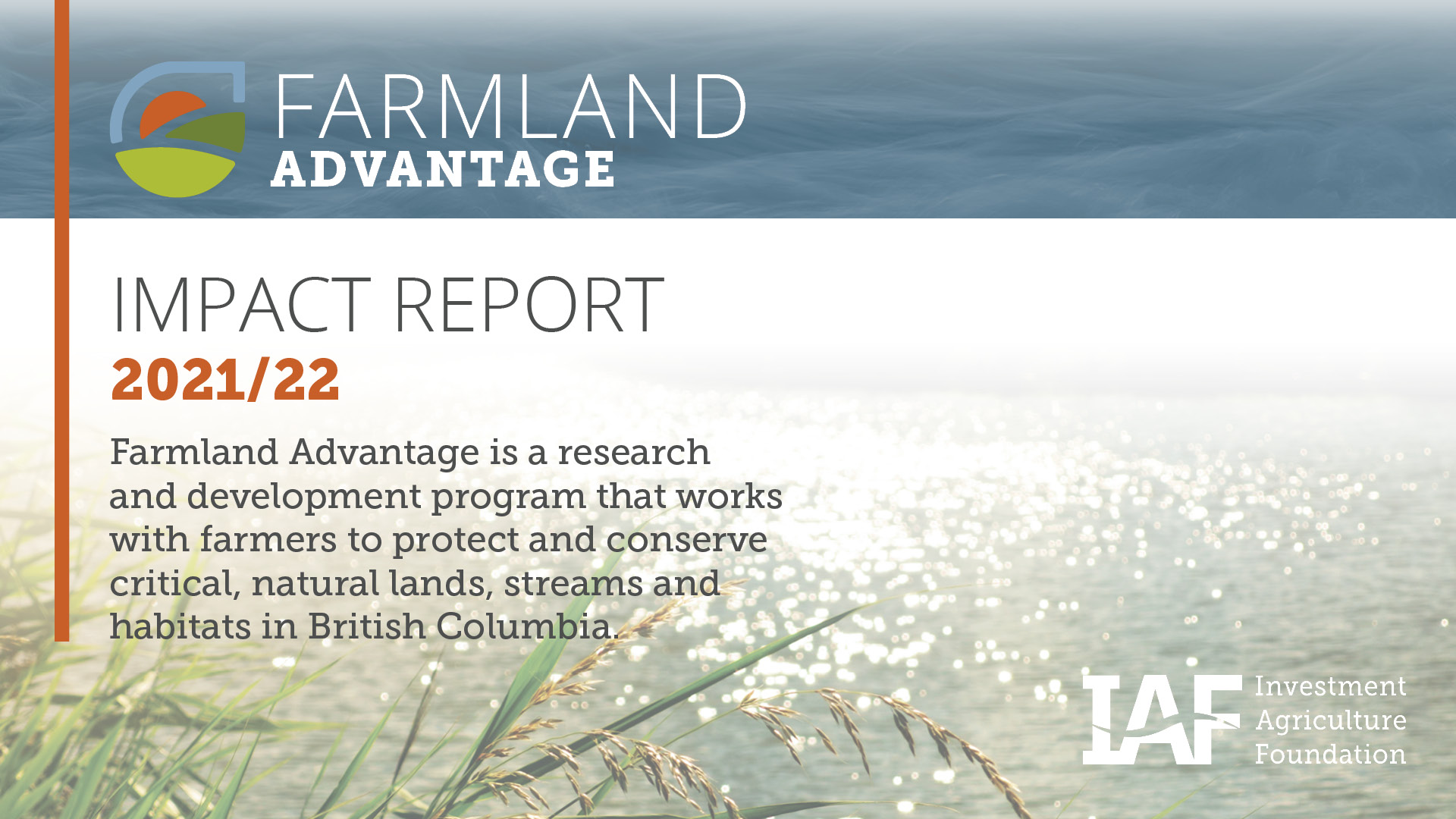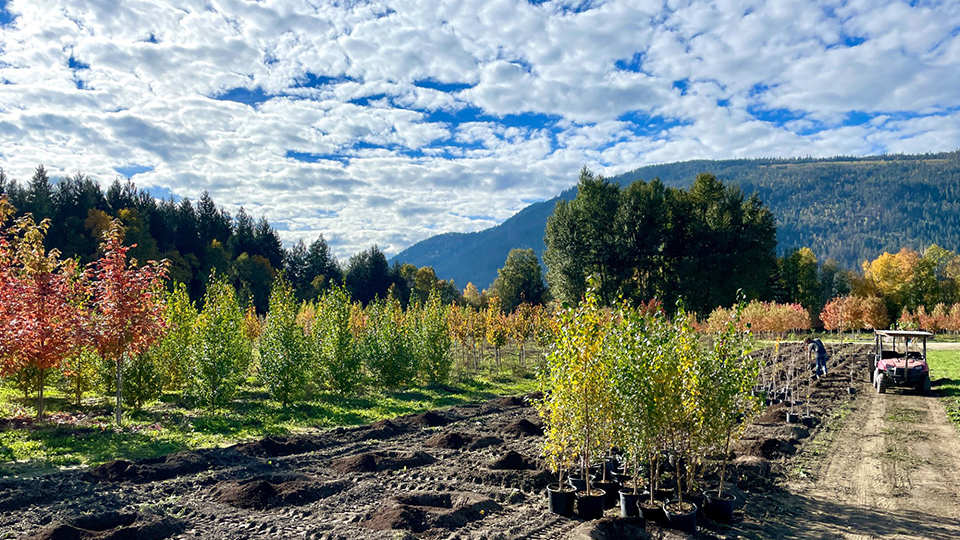
There’s still $7 million in project funding available to BC’s agriculture and agri-food industry through the Agri-Food Futures Fund (AFFF)! Often the unsung hero of IAF’s program portfolio, the AFFF initiative has nonetheless proven profoundly instrumental in advancing a diversity of sectors throughout the province.
Established with federal-provincial funding in 2001, AFFF has contributed more than $21 million to hundreds of projects, since inception, in areas like agri-tourism, environmental management, Aboriginal agriculture, food and beverage processing, agroforestry, emerging sectors and more.
“By aiding in the expansion of both established and emerging agricultural and food processing sectors, the AFFF initiative has fulfilled a vital role in strengthening BC agriculture as a whole,” says IAF chair, Ken Bates, adding that AFFF also has a potentially significant part to play as the industry pursues the goal of $15 billion in revenue per year by 2020.
It was AFFF funding that supported the development of a business model that provides Aboriginal entrepreneurs with a template for launching their own line of value-added products under distinctly native-themed branding. Using the template, Aboriginal communities can create a business plan that reflects their individual situations in terms of regional natural resources, land and human resource availability, potential economic development and more.
The Islands Agriculture Show owes its origin to the pilot project funded through the Islands Agri-Food Initiative under AFFF. After a successful first run, the show evolved into an annual event and remains the only agricultural trade show serving the farm and food community on Vancouver Island, Coast and Gulf Islands.
Across the pond, farmers and environmentalists in the Lower Mainland are receiving project support to explore the cultivation of ecosystem services on farmland that will help protect salmon habitat, maintain clean water, provide overwintering habitat for migratory birds and more.
While there are many sectors and projects that receive funding through this initiative, there are certain areas of priority under AFFF, including emerging sectors, food safety and quality, and food and beverage processing.
Emerging sectors are characterized by a potential to introduce new production systems, products, markets, standards, processes, management practices or technologies into the industry. Eligible projects usually address the gaps in applied scientific knowledge, technology adaptation and transfer, pre-commercialization exploration, skills, business development and collaboration with potential partners in order to seize new business opportunities.
Applications are open to all emerging sectors in the agriculture, agri-food and agri-based products industries, including:
- Small scale/lot agriculture
- Natural health products
- Aboriginal agriculture
- Agri-tourism and direct farm marketing
- Bio-products
- New environmental management practices
- Apiculture
- Small-scale food processing
- Women
- Mushrooms
Funding is also available for small-to-large scale food and beverage processors for projects that align with one or more of the following strategic priorities under the AFFF Food and Beverage Processing Initiative:
- Enhance the sectoral competitive position of BC food and beverage processors
- Build BC’s reputation as a leader in health and lifestyle-oriented products
- Build business relationships and collaboration with value-chain partners
- Enhance communications and coordination among industry stakeholders
All applications should demonstrate a broad benefit to BC’s agriculture and/or agrifoods sectors. AFFF is a cost-shared program, with both financial and in-kind project contributions considered for matching funding.
Talk to us today to learn more about program eligibility and requirements!
Funding for the Agri-Food Futures Fund is provided by the governments of Canada and British Columbia. (A0677ES, AF002-I0497, AF021-006AE-SP)





